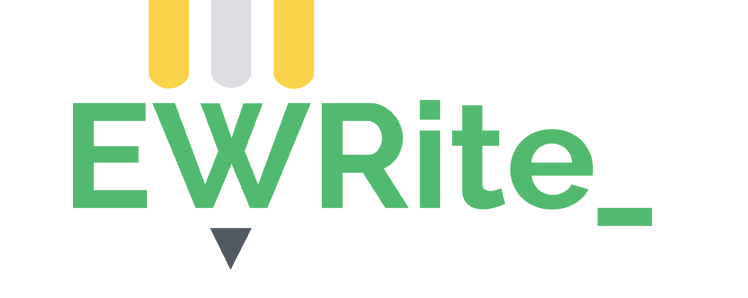7. Appendix
|
Instruction word |
Definition – what you are expected to do |
|
Account for |
Give reasons for |
|
Analyse |
Give an organised answer looking at all aspects |
|
Apply |
Put a theory into operation |
|
Comment on |
Give your opinion |
|
Compare [with] |
Discuss similarities; draw conclusions on common areas |
|
Criticise |
Point out weak/strong points, i.e. give a balanced answer |
|
Define |
Give the meaning of a term, concisely |
|
Demonstrate |
Show by example/evidence |
|
Describe |
Narrative on process/appearance/operation/sequence… |
|
Devise |
Make up |
|
Discuss |
Give own thoughts and support your opinion or conclusion |
|
Evaluate |
Decide on merit of situation/argument |
|
Exemplify |
Show by giving examples |
|
Expand |
Give more information |
|
Explain |
Give a reason for/say why |
|
Explain how |
Describe how something works |
|
Identify |
Pinpoint/list |
|
Illustrate |
Give examples |
|
Indicate |
Point out, but not in great detail |
|
Justify |
Support the argument for… |
|
Outline |
Describe basic factors/limited information |
|
Plan |
Think about how to organise something |
|
Report |
Give an account of the process or event |
|
Review |
Write a report/give facts and views on facts |
|
Specify |
Give details of something |
|
State |
Give a clear account of… |
|
Summarise |
Briefly give an account |
|
Trace |
Provide a brief chronology of events/process |
|
Work out |
Find a solution, e.g. as in a maths problem |
(Adapted from McMillan & Weyers, 2007, p. 33)
About this website
EWRite is an open access online literacy platform for PolyU community that has two major objectives:
- to support PolyU students’ literacy development within and across the disciplines
- to support subject and language teachers to implement system-level measures for integrating literacy-sensitive pedagogies across the university
This platform provides access to generic genre guides representing typical university assignments as well as links to subjects offered by faculties with specific disciplinary genres and relevant support materials.
The materials can be retrieved by students by choosing the genres that interest them on the landing page. Each set of materials includes a genre guide, genre video, and a genre checklist. The genre guide and video are to summarize the genres in two different ways (i.e. textual and dynamic) to fit different learning styles. The genre checklist is for students to self-regulate their writing process. The genre guide and checklist include links to various ELC resources that can provide further explanation to language items (e.g. hedging and academic vocabulary).
The platform also acts as a one-stop-shop for writing resources for students, language teachers and subject leaders. Information about the English Writing Requirement policy can also be found on this platform. There are training materials for new colleagues joining the EWR Liaison Team.


